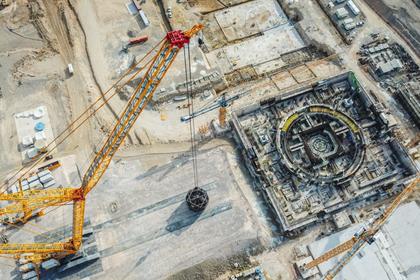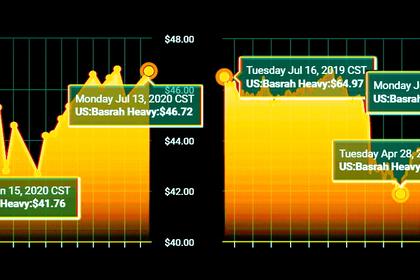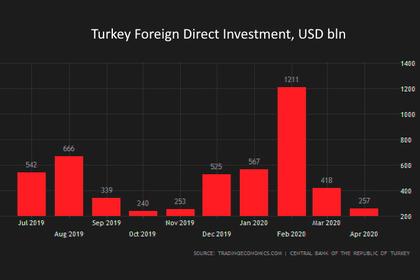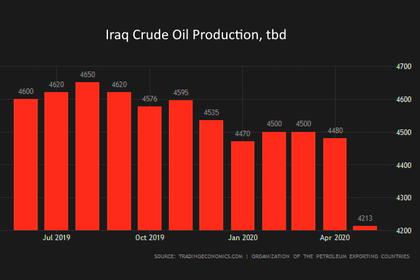
TURKEY'S ELECTRICITY FOR IRAQ
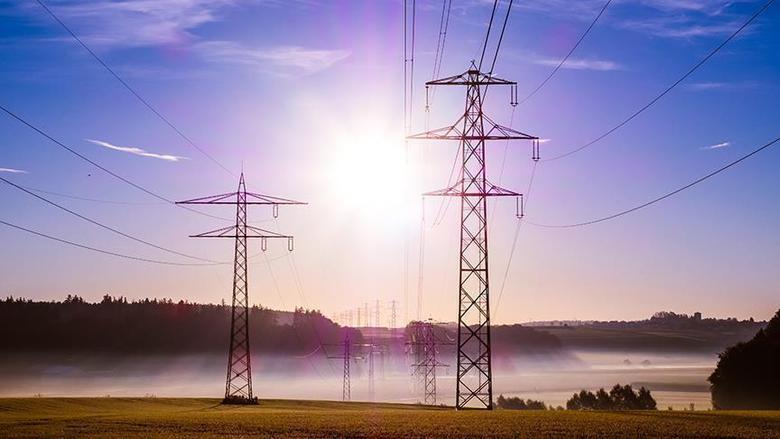
PLATTS - 28 Jul 2020 - Iraq plans to import electricity from Turkey and a Kurdistan-based company to deal with a severe power shortage, an electricity ministry spokesman said July 28, as the rampant cuts sparked a wave of deadly protests this week.
Iraq intends to import 450 MW from KAR Group, which is based in the semi-autonomous Kurdish region in the north of the country, and 200 MW from Turkey to plug the power deficit, ministry spokesman Ahmed Musa told S&P Global Platts.
"We think these temporary imports will probably improve power supply to handle the summer season and the crisis of high temperatures," said Musa.
Protests against the power cuts this week, which led to at least two deaths according to local media, have prompted Iraq to come up with short-term solutions to the electricity shortage, a chronic problem that has led to protests in previous peak summer months when temperatures soar to 50 degrees Celsius.
The protests complicate Iraq's ability to wean itself of Iranian gas and electricity imports, with Baghdad under US pressure to lower its reliance on Tehran. Iraq has been receiving US waivers to continue importing gas and electricity from Iran since 2018.
Under its current agreement with Iran, Iraq can import up to 1.2 GW during peak demand, Musa said.
OPEC+ compliance
Iraq also has made commitments to adhere to OPEC+ crude production cuts and make up for lax compliance in May and June during the summer, but that will produce less of the associated gas needed as feedstock for its power plants. The gas requirements and pressure from the populous could complicate Iraq's adherence to the cuts during July to September.
Iraq plans to start adding gradually from August or September up to 1.5 GW of installed capacity from various new power plants or existing facilities that are under maintenance, Musa said. Currently power generation fluctuates between 16-18 GW/day.
The country also wants to revive an agreement signed in 2019 to link its power grid to the Gulf Cooperation Council's network and import 500 MW of electricity through a connection from neighboring Kuwait. The Gulf Cooperation Council includes Saudi Arabia, Kuwait, Bahrain, Qatar, the UAE and Oman.
Baghdad has completed 80% of the work on the Iraqi side of the power link with the Gulf Cooperation Council Interconnection Authority.
GCC link delay
"With regards to the GCCIA, work was postponed because of the coronavirus and economic situation," Musa said. "If the GCCIA starts work now, we expect it will take up to 14 months to complete work on the connection."
The US Department of State, Iraq and the GCC issued a joint statement on July 16 emphasizing the importance of the GCCIA-Iraq power link.
"The Government of Iraq, Gulf Cooperation Council, and United States have renewed their full support for the Gulf Cooperation Council Interconnection Authority project to connect the electricity grids of Iraq and the GCC," the statement said. "The United States is committed to facilitating this project and providing support where needed."
-----
Earlier:
